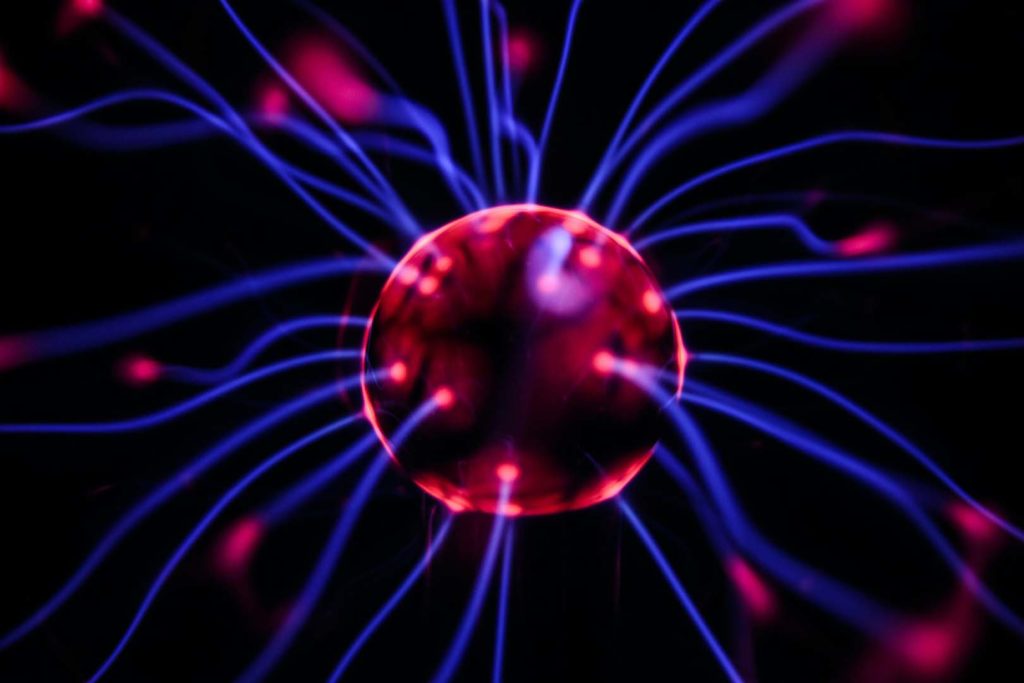To function adequately, the central nervous system (CNS) requires a number of amino acids found in protein foods. Amino acids such as tryptophan, tyrosine, histidine, and arginine are used by the brain for the synthesis of various neurotransmitters and neuromodulators (Betz et al., 1994). To date, CNS requirements for specific amino acids have not been systematically investigated, perhaps because it has been assumed that brain requirements for precursor amino acids were not critical.

The following two amino acids affect the body and the brain, depending on the food intake:
TRYPTOPHAN
Tryptophan is the rarest of the essential amino acids found in food and, is the precursor of serotonin. Evidence from a number of animal studies suggests strongly that changes in the protein: carbohydrate ratio of food consumed can alter brain serotonin. As the proportion of carbohydrate relative to protein increases, so does the level of brain serotonin. the availability of tryptophan to the brain can alter behavioral factors such as alertness, level of depression, aggression, and pain sensitivity
TYROSINE
Tyrosine is the precursor of three neurotransmitters:
- Norepinephrine: Increases heart rate and blood pumping from the heart. It also increases blood pressure and helps break down fat and increase blood sugar levels to provide more energy to the body.
- Dopamine: Your nervous system uses it to send messages between nerve cells. That’s why it’s sometimes called a chemical messenger. Dopamine plays a role in how we feel pleasure. It’s a big part of our unique human ability to think and plan.
- Epinephrine: Adrenaline, also known as epinephrine, is a hormone and medication. Adrenaline is normally produced by both the adrenal glands and a small number of neurons in the medulla oblongata, where it acts as a neurotransmitter involved in regulating visceral functions (e.g., respiration).
Tyrosine is not typically considered to be an essential amino acid since it can be synthesized by humans from phenylalanine; however, it has been suggested by some investigators that the brain may not be able to synthesize sufficient tyrosine from phenylalanine to meet its needs Tyrosine is generally found in larger quantities than tryptophan in most protein foods such as cheese, soybeans, beef, lamb, pork, fish, chicken, nuts, eggs, dairy, beans, and whole grain.

When humans are exposed to stressors such as extreme environmental conditions, intense exercise, or psychological stress, the Bottom of Form
importance of brain requirements for amino acids may be relatively greater than under optimal physiological conditions.
REFERENCES
Ahlers, S.T., J.R. Thomas, J. Schrot, and D. Shurtleff. 1994. Tyrosine and glucose modulation of cognitive deficits. Pp. 301-320 in Food Components to Enhance Performance, B. Marriott, ed. Institute of Medicine. Washington, D.C.: National Academy Press.
Askew, E.W., I. Munro, M.A. Sharp, S. Siegel, R. Popper, M.S. Rose, R.W. Hoyt, K. Reynolds, H.R. Lieberman, D. Engell, and C.P. Shaw. 1987. Nutritional status and physical and mental performance of soldiers consuming the Ration, Lightweight or the Meal, Ready-to-Eat military field ration during a 30 day field training exercise (RLW-30). Technical Report No. T7-87. Natick, Mass.: U.S. Army Research Institute of Environmental Medicine.
Banderet, L.E., and H.R. Lieberman. 1989. Treatment with tyrosine, a neurotransmitter precursor, reduces environmental stress in humans. Brain Res. Bull. 22:759-762.
Betz, A.L., G.W. Goldstein, and R. Katzman. 1994. Blood-brain-cerebrospinal fluid barriers. Pp. 681-698 in Basic Neurochemistry: Molecular, Cellular, and Medical Aspects, 5th ed., G.J. Siegel, ed. New York: Raven Press
Cleare, A.J., and A.J. Bond. 1994. Effects of alterations in plasma tryptophan levels on aggressive feelings. Arch. Gen. Psychiatry 51(12):1004-1005.
Cleare, A.J., and A.J. Bond. 1995. The effect of tryptophan depletion and enhancement on subjective and behavioral aggression in normal male subjects. Psychopharmacology. 118(1):72-81.
©Copyright – Hector Sectzer

















